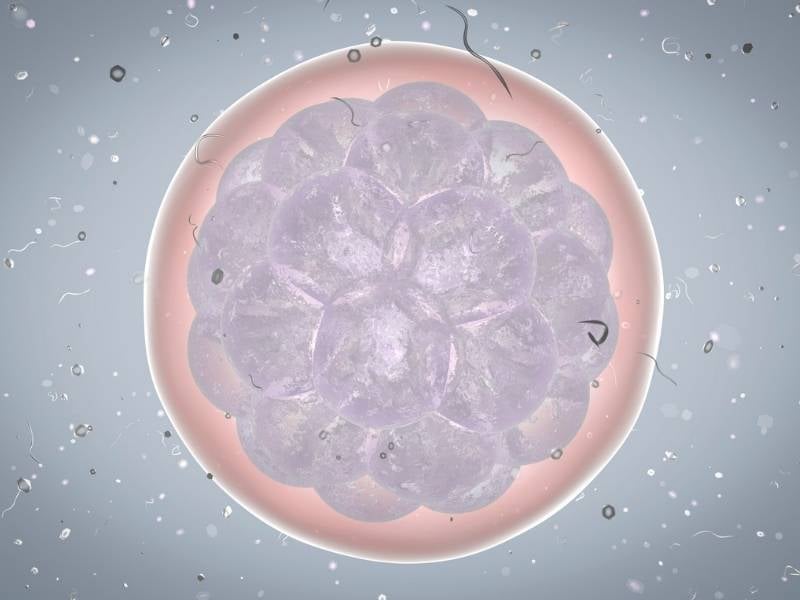I am unable to use my own eggs for IVF. My friend is going to donate her eggs to me so my husband and I will be able to have a child. What kind of legal agreements do we need before we proceed?
Your generous friend will be considered a known donor. A known donor is one that the intended parents find on their own (friend, relative, etc.) without using an agency to locate an egg donor.
Pros and Cons of Using A Known Egg Donor
There are pros and cons to using a known egg donor for an IVF treatment cycle. With a relative or friend, you will know that particular person well enough not to speculate about certain characteristics you wish your child to have, such as intelligence, health, looks, etc.
However, in Pennsylvania (for example), since there is minimal statutory guidance with regard to egg donation, it is imperative that an individual embarking on this journey proceeds with a legal agreement. You will need to work with a legal professional to know the laws in your own state. RMA will be able to assist with this during your initial fertility consultation.
The legal agreement will fully address the rights of the intended parents and the egg donor. Particularly, it will make clear that the donor voluntarily relinquishes all rights to the eggs being donated. It will also address and eliminate the right of the egg donor to make any future decisions as it relates to the embryos created through the IVF process.
Further, the agreement protects the egg donor and the intended parents by ensuring that any resulting child is that of the intended parents and that no parental obligations over such child will be born by the egg donor.
KING, SPRY, HERMAN, FREUND & FAUL, LLC
Written by: Dorota Gasienica-Kozak, Esquire
Adoption/ART Chair




